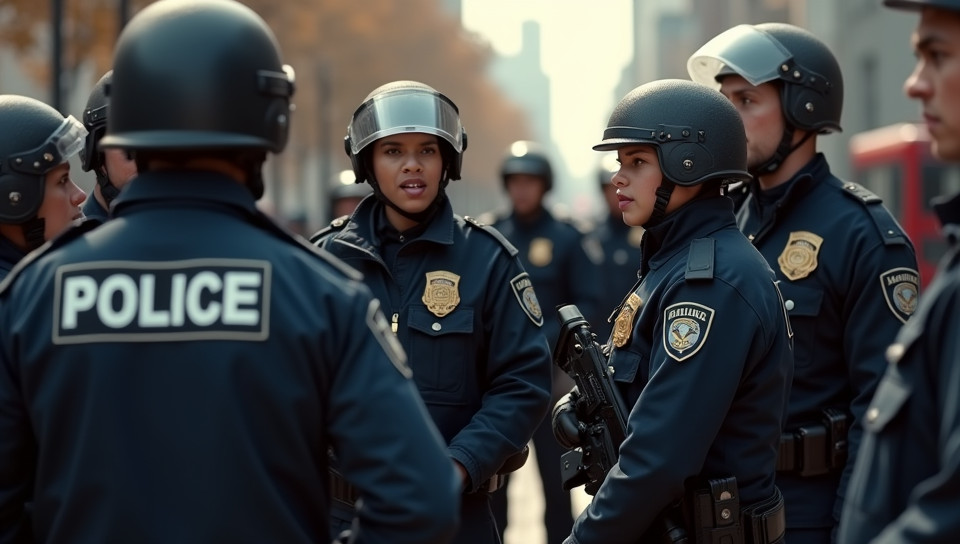Police brutality against minorities is a major concern 95%

The Unsettling Reality of Police Brutality Against Minorities
In recent years, the world has witnessed numerous instances of police brutality against minorities, sparking widespread outrage and calls for reform. From Ferguson to Baltimore, and from racial profiling to excessive use of force, the issue has become a major concern in many parts of the globe.
The Prevalence of Police Brutality
Police brutality is not a new phenomenon, but its frequency and severity have increased significantly over the past few decades. Minorities, particularly African Americans, are disproportionately affected by this form of police misconduct.
- Unarmed individuals being shot or beaten by police officers
- People being subjected to racial profiling and harassment
- Police using excessive force against individuals who pose no threat
- Lack of accountability and justice for victims and their families
The Root Causes of Police Brutality
The issue of police brutality is complex and multifaceted. Several factors contribute to this problem, including:
Training and Accountability
Police training often focuses on militarized responses rather than de-escalation techniques. This can lead to officers being more likely to use force in situations that don't require it.
Racial Bias and Stereotyping
Racial bias and stereotyping are deeply ingrained in many police departments, leading to discriminatory practices and the targeting of minority communities.
Systemic Injustice and Lack of Accountability
The justice system often fails to hold police officers accountable for their actions. This can create a culture of impunity, where officers feel they can act with reckless abandon without facing consequences.
The Human Cost of Police Brutality
Police brutality has devastating effects on individuals, families, and communities. Victims of police violence often suffer from physical and emotional trauma, which can have long-lasting impacts on their lives.
Conclusion
Police brutality against minorities is a major concern that requires immediate attention and action. It's essential to address the root causes of this problem, including inadequate training, racial bias, and systemic injustice. By promoting transparency, accountability, and community engagement, we can work towards creating a more just and equitable society where everyone is treated with dignity and respect.
- Created by: Angela Francisco
- Created at: Sept. 11, 2024, 9:39 p.m.
- ID: 9186
